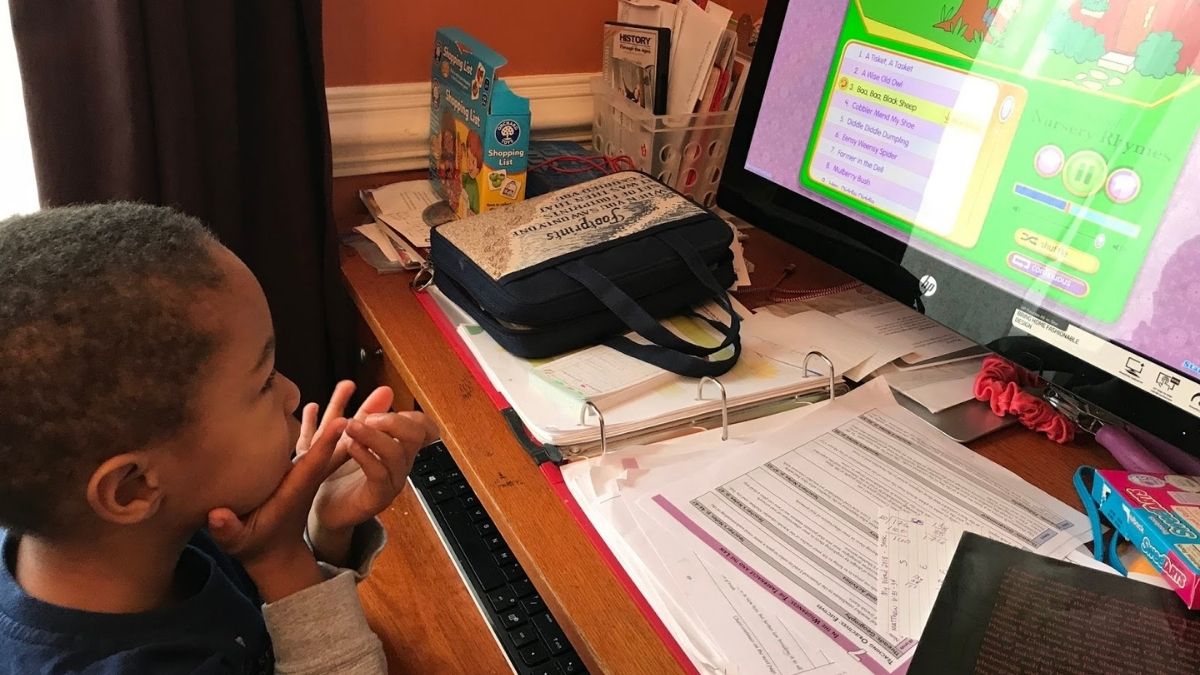Are you ready to embark on a journey toward mastering the English language Choosing the right learning method can feel overwhelming, especially with so many options available. Whether you’re aiming for fluency for travel, work, or personal enrichment, understanding effective strategies is key. This guide will help you navigate through various approaches and find what works best for you. Get set to unlock new opportunities as we explore how to make your English learning experience both enjoyable and productive!
Choosing the Right English Learning Method: A Guide to Effective Language Acquisition
Finding the right English learning method is crucial for your success. With countless options available, it’s essential to assess your personal goals and preferences. Are you more of a visual learner or an auditory one?
Experimenting with different techniques can help you discover what resonates best with your style. From immersive experiences to structured coursework, each method offers unique advantages that can propel your language acquisition forward. The key lies in staying motivated and engaged throughout the process, ensuring consistent progress along the way.
Effective Language Learning Strategies
Effective language learning starts with having a clear goal. Whether it’s passing an exam or traveling, knowing your purpose keeps you motivated and focused.
Immerse yourself in the language as much as possible. Surrounding yourself with English content accelerates your understanding and fluency. Listening regularly to music, podcasts, or audiobooks can significantly enhance your listening skills while making learning enjoyable.
1. Have a definite goal in mind
Having a definite goal is the cornerstone of effective language learning. It gives you direction and purpose, whether it’s passing an exam or conversing fluently with native speakers. When you know what you’re aiming for, it’s easier to choose resources and methods that align with your objectives.
Set measurable milestones to track your progress. This could be mastering specific vocabulary sets or being able to hold a conversation for ten minutes. Clear goals keep you motivated and focused on achieving tangible results in your English journey.
2. Immerse yourself in the experience
Immersion is one of the most effective ways to learn English. Surrounding yourself with the language creates a natural learning environment. Whether it’s watching movies, listening to music, or engaging in conversations, being exposed to authentic content speeds up your understanding.
Try joining local clubs or online communities where English is spoken. Engage in discussions and ask questions. The more you immerse yourself in real-life situations, the more comfortable you will become with both speaking and comprehending the language effectively.
3. Listen on a regular basis
Listening regularly is a key component of mastering any language, including English. Engage with podcasts, music, or audiobooks to immerse yourself in the sounds and rhythms of the language. This exposure helps train your ear for pronunciation and nuances.
Try to incorporate listening into your daily routine. Whether during your commute or while cooking, surround yourself with English audio content. The more you listen, the more familiar you’ll become with vocabulary and sentence structures that will enhance your speaking skills over time.
4. Use spaced repetition to improve your vocabulary skills
Spaced repetition is a powerful technique for mastering vocabulary. It involves reviewing words at increasing intervals, which helps reinforce your memory over time. This method takes advantage of the brain’s natural learning patterns, making it easier to recall information when you need it.
Many language apps utilize spaced repetition systems (SRS) to help learners effectively retain new vocabulary. By integrating this approach into your study routine, you’ll find that recalling words becomes more intuitive and less daunting as you progress in your English learning journey.
5. Think in the language you’re learning
Thinking in the language you’re learning can significantly boost your fluency. It helps you internalize vocabulary and grammar structures, making them feel more natural. Instead of translating from your native tongue, try to construct thoughts directly in English.
To cultivate this habit, start with simple concepts. Describe your day or label objects around you using English words. As you become comfortable, challenge yourself with complex thoughts and conversations. This practice not only enhances comprehension but also builds confidence as a speaker.
6. Make lots of mistakes
Making mistakes is a natural part of learning. Embrace them as stepping stones rather than setbacks. Each error offers valuable lessons that refine your understanding of the language.
When you speak or write, don’t fear getting it wrong. The more you practice, the easier it becomes to navigate tricky grammar and vocabulary. Mistakes can spark conversations, allowing for corrections and deeper engagement with others who are fluent in English. Celebrate each misstep; they’re essential to your growth as a language learner!
7. Read as much as you can in your foreign language
Reading in your target language can significantly enhance your vocabulary and comprehension skills. It exposes you to different sentence structures, idioms, and cultural references that enrich your understanding of the language.
Start with simple texts like children’s books or graded readers to build confidence. As you progress, challenge yourself with articles, novels, or blogs. This practice not only improves fluency but also makes learning enjoyable as you discover new stories and ideas along the way.
8. Write as much as you can in your foreign language
Writing in your target language is a powerful tool for mastering English. It reinforces vocabulary and grammar while allowing you to express thoughts creatively. Start with simple sentences and gradually increase complexity as your confidence grows.
Consider maintaining a journal or blogging about your experiences. This not only practices writing but also encourages regular engagement with the language. Remember, the more you write, the better you’ll become at communicating effectively in English. Embrace mistakes; they are stepping stones to improvement.
Creating an Effective Learning Strategy
Creating an effective learning strategy is crucial for mastering English. Start by assessing your current level and identifying specific areas you want to improve. This could be speaking, writing, or listening skills.
Next, blend different methods that suit your lifestyle. Consider incorporating online courses, language exchange partners, and multimedia resources like podcasts and videos. Regularly revise your strategy based on progress and challenges faced. Flexibility in approach can keep motivation high while ensuring a comprehensive understanding of the language.
Language Learning Apps and Platforms
Language learning apps and platforms have revolutionized how we acquire new languages. From Duolingo to Babbel, these tools offer interactive lessons tailored to various skill levels. You can learn at your own pace, making it easier to fit language study into a busy schedule.
Many of these platforms incorporate gamification, turning learning into an engaging experience. They often include speaking exercises, quizzes, and community forums for practice with native speakers. This blend of technology and social interaction enhances the overall learning journey significantly.
Research on the Best Language Learning Methods
Research consistently supports the idea that personalized learning methods yield the best results in language acquisition. Studies show that learners who utilize a combination of techniques—like mobile apps, traditional classroom settings, and immersive experiences—tend to progress faster. Additionally, cognitive science emphasizes the importance of spaced repetition and active engagement for retaining vocabulary.
Surveys reveal that learners often prefer methods tailored to their individual preferences. This highlights the need for flexibility in choosing your English learning method. By staying informed about emerging trends and evidence-based strategies, you can adapt your approach as needed. Embrace this journey with an open mind, ready to explore various avenues on your path to fluency.











